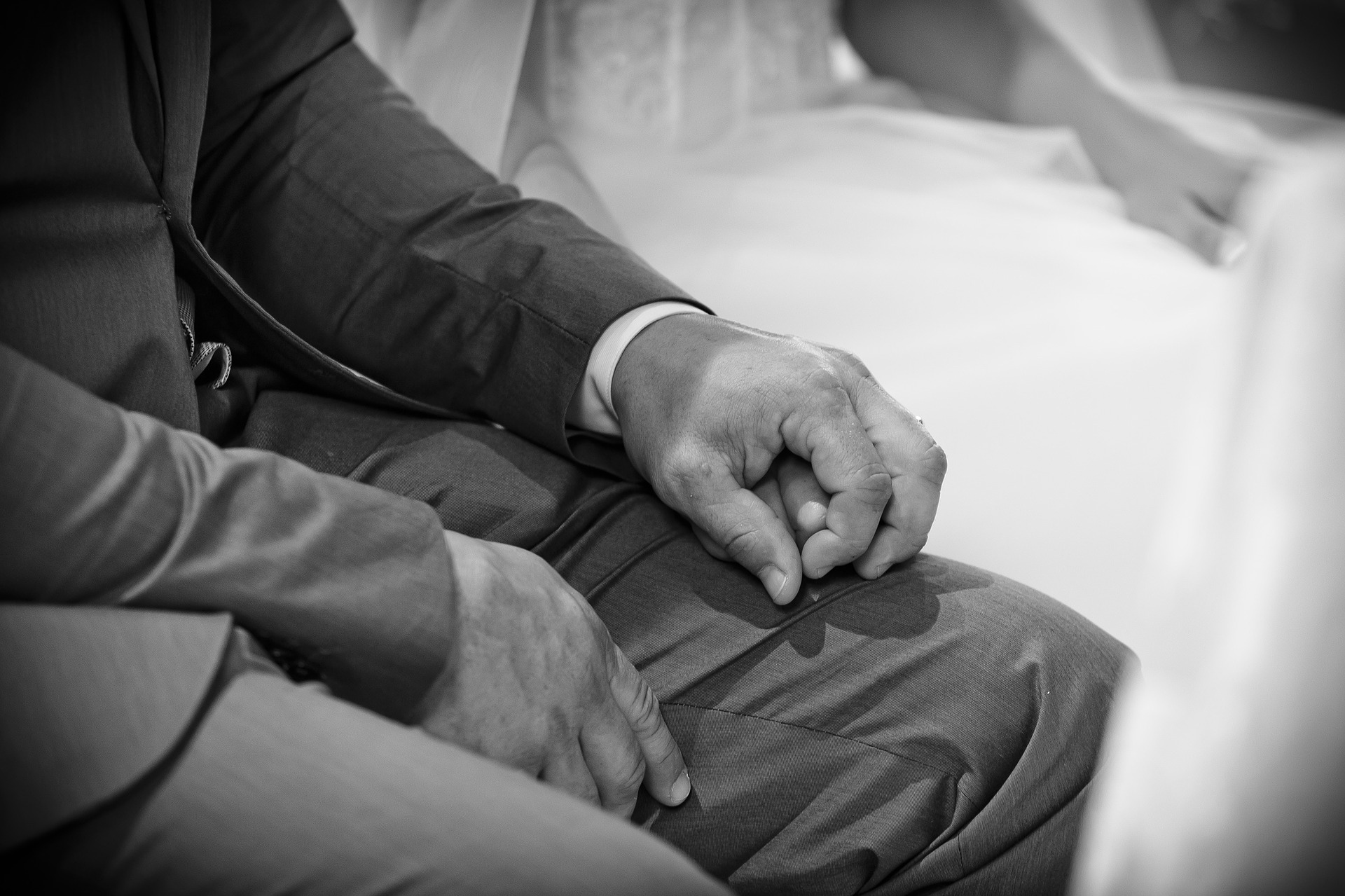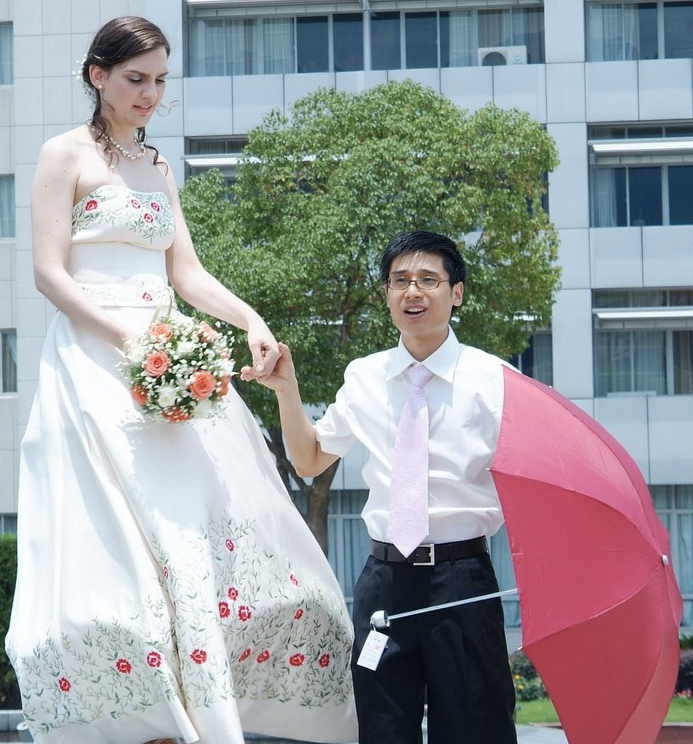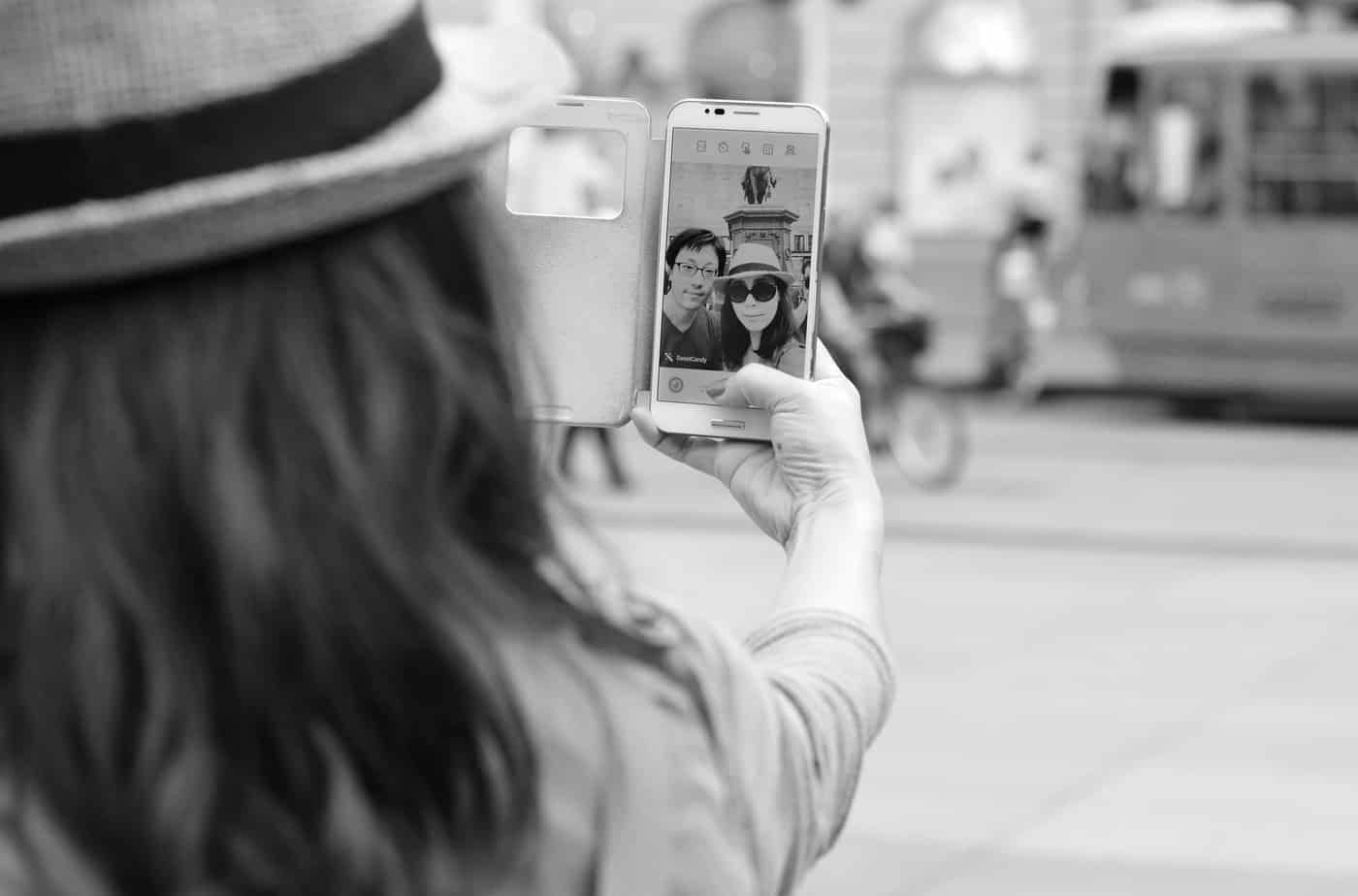If you’re a foreigner with a Chinese spouse or loved one, should you learn some Chinese? Even just at a conversational level? Do we have an obligation to do so because we’re intimately connected to this country and culture?
This idea came to mind while pondering my own past, and first steps, in China many years ago, a time when I began dating a local Chinese man in Zhengzhou and couldn’t speak a word of Mandarin. He and I eventually broke up after six months, yet during our relationship, his presence in my life served as a spark to prod me into learning (along with other more practical reasons, such as being more independent). Deep down, a part of me felt that because I loved him, I should make an effort to study his language, even if that simply meant mastering the most basic conversational phrases.
Ironically, he didn’t encourage my efforts, suggesting my afternoon tutoring sessions were just a waste of time. Of course, he said this late in our relationship, which means it potentially reflected the growing rift between us, more than his genuine thoughts on the subject. Nevertheless, some people out there would agree with him – and I’ve met some or even heard about them, including those who have lived many years in China and, yes, have Chinese spouses.
Most people who argue against learning Chinese turn to two primary arguments: One, that it’s too difficult, and two, that it’s not necessary anyhow.
We all know Chinese remains notoriously difficult to learn. A few months ago, during a business trip at a conference, Chinese academics from some of the most celebrated institutions in China admitted to me in private conversations just how challenging the country’s official language is. Still, nobody says you need to emerge as the next Da Shan, have absolutely perfect tones, or reach the highest level in the HSK. Merely choosing a more reasonable “conversational” level can make the task more doable and less daunting. (That’s exactly what I did when I began learning Mandarin.)
I found an entire article devoted to why foreigners in China often don’t learn Chinese, and it adds an explanation unique those who speak English: “The main reason why more expats don’t speak much Chinese is this: we don’t need to learn it. China caters to English speakers.” This would fall under the “not necessary” arguments many put forth, including that their job doesn’t require it or the employer provides a translator.
For those of us with a Chinese spouse, our loved ones from China invariably end up helping with all sorts of errands, even if you can speak Chinese. It makes sense for a number of reasons, including the fact that they understand how to conduct business much better than we do because it’s their native country and culture. But of course, this gives the foreigner less motivation to learn – and bolsters the “not necessary” side of the argument.
Still, you could argue there’s a “need” for foreigners with a Chinese spouse. Given we already have an intimate relationship with the country, we’re going to encounter the language for the rest of our lives through family. When you can’t communicate with your spouse’s parents or grandparents or other relatives, it’s that much harder to forge a meaningful bond with them and makes holidays with Chinese family more challenging.
Besides the two usual arguments – “too hard” and “not necessary” — an additional barrier exists among cross-cultural couples. Whatever language you use while falling in love with someone becomes the language you prefer to use for communication (see The Relationship Between Language and Falling in Love). For those foreigners who start a relationship with their future spouses in English or another non-Chinese language, this serves as a psychological barrier to trying out their fledgling Chinese with their loved ones. Still, it doesn’t mean you can’t learn; you just might need to find yourself a supportive tutor or a language school or university program to fulfill your goals, instead of relying on your spouse, who might not be the best teacher anyhow. (See my post Why It’s a Really Bad Idea to Teach Your Spouse Your Language.)
So, let’s consider all of these factors together.
#1: Chinese may be difficult, but you can set a more reasonable goal (such as learning a set of useful conversational phrases) to put learning within your reach.
#2: While Chinese might not be a requirement for work or even running errands, foreigners with Chinese spouses may need to know some Chinese because they’ll encounter the language for the rest of their lives, through family.
#3: Foreigners who never spoke Chinese before with their spouses might feel challenged to learn, but they can choose to find tutors or language programs to study, instead of their spouse.
Ultimately, foreigners with Chinese spouses have a really strong excuse for learning – family. And they can overcome the barriers, if they set a reasonable goal and recognize their spouses can’t always be teachers.
So perhaps we shouldn’t ask the question, “Should foreigners with a Chinese spouse learn the language?” Instead, maybe it’s time we start talking about how to learn – and when.
What do you think? Do you agree that foreigners with a Chinese spouse should learn the language?
Photo credit: Kevin Dooley











